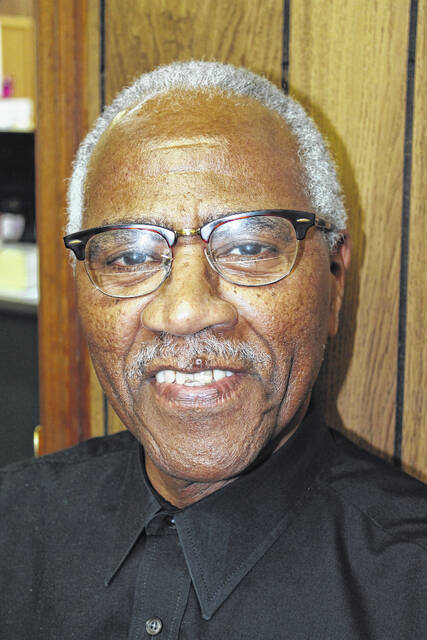What historical presidential executive order went into effect 160 years ago on Jan. 1, 1863, which changed the tenor of the Civil War, creating a new climate of freedom — the “first chapter of a new history” — in America? And, before the establishment of Juneteenth as a federal holiday, many Americans were also wondering if such a momentous event, should be observed as a national holiday on January 1st of each year.
Well, a 2014 NAACP resolution urged the nation to adopt a national holiday commemorating the emancipation of the slaves. This resolution read: “Therefore, be it resolved that the National Association for the Advancement of Colored People pursue the observance of a holiday in recognition of the Emancipation Proclamation of 1863; and, be it finally resolved that this holiday be our established Jubilee Day, January 1st of each year.”
New Year’s Day 2023 marked the 160 year anniversary of President Abraham Lincoln’s Emancipation Proclamation, which went into effect on New Year’s Day 1863, freeing slaves in all territory still at war with the Union. The proclamation turned the war into a crusade for freedom, thus marking the beginning of the end of slavery in the United States. By most accounts, Lincoln’s edict probably hastened freedom, making him the “paradoxical hero.”
With Lincoln being primarily antislavery for reasons of military expediency and in spite of the controversy and conflicting views surrounding him — “the man nobody knows” — he became a symbol of one’s ability to move toward a more enlightened position.
It was during the last two years of his presidency that he manifested a great deal of respect for human worth and dignity as he greeted Black visitors at the White House as no president had done before. Having made three visits to the White House, civil rights activist and former slave, Frederick Douglass was “impressed with his entire freedom from popular prejudice against the colored race.” So, just maybe, President Lincoln was moving in the right direction over the course of his career as president of the United States.
From the onset, Blacks expressed great esteem for the Emancipation Proclamation, viewing it as being a symbol and an expression of “the quest for freedom.” Among Blacks at that time very little had inspired as much joy and thanksgiving than Lincoln’s proclamation. It was indeed “a day of poetry and song,” filling Blacks with a great sense of hopefulness throughout the United States. And to assure a Union victory, the proclamation opened the Union Army and Navy to Black men, allowing them to fight for a new dignity and self-respect, thus helping to insure “a new birth of freedom.” Not only were they fighting to save the Union, they were fighting for liberty.
Still, today, many communities observe each January 1st as Jubilee Day, in celebration of the Emancipation Proclamation, using this “sacred day” to reflect on the progress that has been made in fulfilling America’s promise of equality and justice for all.
Larry Sutton is a retired educator who taught at Clinton High School.

